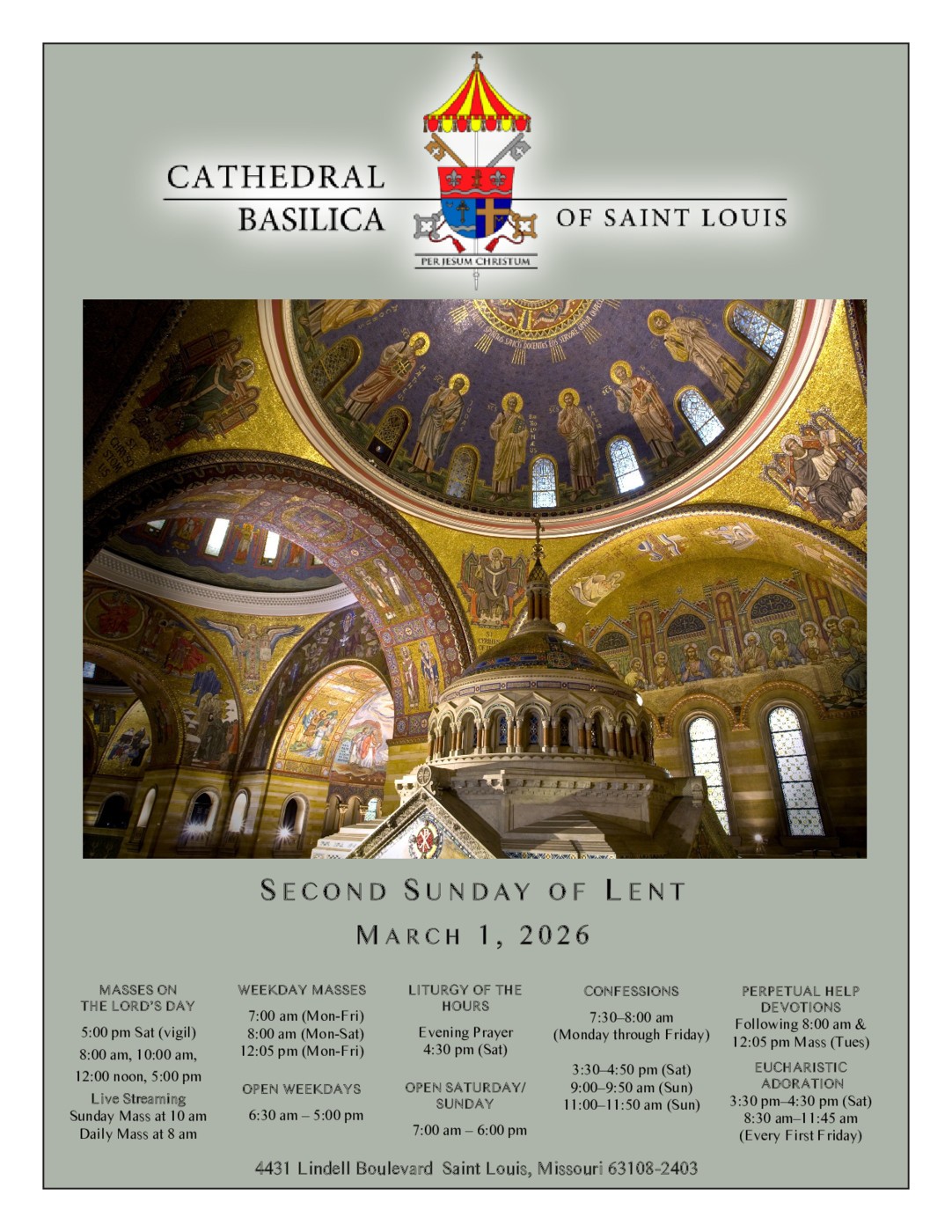Bulletins, Newsletters, and Flocknotes

We want to stay connected.
You need the most up-to-date information, and we want to give it to you.
If you attended Mass elsewhere and need a Bulletin, you can easily find it here organized by date. If you changed your email address and didn't get a Flocknote or a newsletter, you can find what you missed here.
Vatican News
Holy See: Christians are most persecuted religious community in world
March 5, 2026 - 5:21amArchbishop Ettore Balestrero, the Holy See’s Permanent Observer to the UN in Geneva, highlights the persecution that Christians face across the world and emphasizes that nations must ensure religious freedom.
Lebanon’s Catholic Patriarchs and Bishops call for peace
March 5, 2026 - 5:08amAmid ongoing violence in the Middle East, the Assembly of Catholic Patriarchs and Bishops in Lebanon releases a statement warning that escalation threatens human dignity and calling for dialogue, national unity, and renewed international efforts for peace.
Cardinal Cupich: 'We must embrace principles to avoid wars'
March 5, 2026 - 2:00amIn a wide-ranging interview with Vatican Media, Cardinal Blase Cupich, Archbishop of Chicago, calls for restraint to avoid unnecessary military escalation abroad and prevent things from quickly spiraling out of control. He also urges overcoming polarization and protecting the human dignity of all peoples in the United States, in a way that ensures law and human rights are not opposed, but united.
Pope receives advanced telehealth device for children‘s healthcare
March 4, 2026 - 10:36amThe “Patrons of the World's Children Hospital” donate a TELADOC LITE telemedicine system to Pope Leo XIV for paediatric care for children in need.
JRS offers aid to displaced migrants amid growing violence in Lebanon
March 4, 2026 - 9:09amAs violence intensifies in Lebanon, hundreds of thousands of people are being displaced around the country, prompting humanitarian organizations to respond urgently to growing needs for shelter, food, and psycho-social support.
Parish Flocknote
Ash Wednesday - Schedule of Masses
February 15, 2026 - 2:00pmAsh Wednesday Schedule of Masses Wednesday, February 18, 2026 7:00 am Mass 8:00 am Mass 12:05 pm Mass 5:30 pm Mass Archbishop's Afternoon of Recollection Parishioners, their guests, and all throughout the Archdiocese are...Weekly Update
February 13, 2026 - 2:01pmSchedule for February 14-15 Saturday, February 14 7:00 am Cathedral Open for Private Prayer and Devotion 8:00 am Mass 11:00 am Wedding 3:30 - 4:30 pm Holy Hour - concluding with Evening Prayer and Benediction 3:30 pm – 5:00...Presentation of the Lord
February 1, 2026 - 2:01pmThis coming Monday, we celebrate the Feast of Jesus' Presentation at the temple 40 days after his birth. It places before our eyes a special moment in the life of the Holy Family: Mary and Joseph, in accordance with Mosaic...Weekly Update
January 30, 2026 - 4:28pmSchedule for January 31 - February 1 Saturday, January 31 7:00 am Cathedral Open for Private Prayer and Devotion 8:00 am Mass 3:30 - 4:30 pm Holy Hour - concluding with Evening Prayer and Benediction 3:30 pm – 5:00 pm...Closing Early - Monday
January 26, 2026 - 9:51amIn light of the cold temperatures and continued recovery from the recent snowstorm, the Cathedral Basilica will close early today, Monday, January 26, at 1:30 p.m . We appreciate your patience and understanding.
National Catholic Register
A Hilaire Belloc Revival
March 4, 2026 - 6:15pm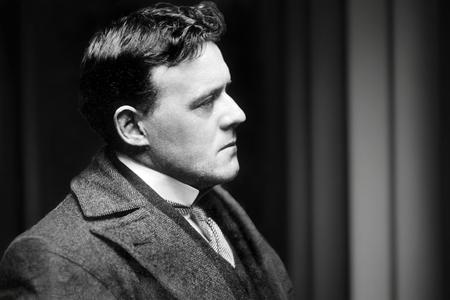 Writer and historian Hilaire Belloc is pictured in a 1910 portrait by T. & R. Annan & Sons.
Writer and historian Hilaire Belloc is pictured in a 1910 portrait by T. & R. Annan & Sons.
COMMENTARY: After decades of neglect, new publications and academic interest suggest that Hilaire Belloc’s voice is once again being heard.
Amid Rising Anxiety in Erbil, Catholic Archbishops Say Prayer, Dialogue Are Path to Peace
March 4, 2026 - 6:03pm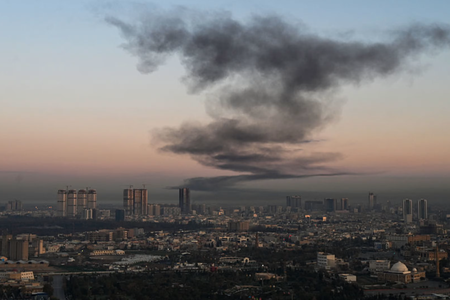 A plume of smoke rises near Erbil International Airport in Erbil on March 1, 2026.
A plume of smoke rises near Erbil International Airport in Erbil on March 1, 2026.
Catholic leaders in Iraq are calling for prayer and peace talks as the country faces repercussions from the widening war in the Middle East.
Religious Freedom Panel Faults State Department for Missing Annual Report on Violations
March 4, 2026 - 5:44pm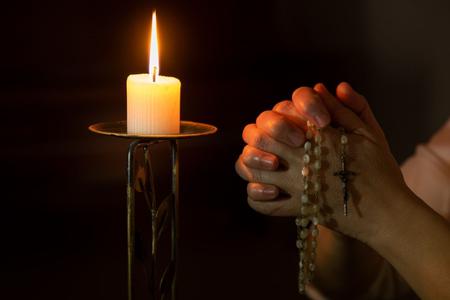 Under the International Religious Freedom Act (IRFA) of 1998, the State Department is required to release an annual report on religious freedom conditions in every country by May 1 each year.
Under the International Religious Freedom Act (IRFA) of 1998, the State Department is required to release an annual report on religious freedom conditions in every country by May 1 each year.
The U.S. Commission on International Religious Freedom also called for increasing refugee admissions to the United States.
Lou Holtz, Legendary Notre Dame Football Coach and Outspoken Catholic, Dies at 89
March 4, 2026 - 4:18pm Gerardo Mora
Lou Holtz at the SiriusXM PGA Tour Radio broadcast at the 2016 PGA Merchandise Show at Orange County Convention Center, Wednesday, Jan. 27, 2016, in Orlando, Florida.
Gerardo Mora
Lou Holtz at the SiriusXM PGA Tour Radio broadcast at the 2016 PGA Merchandise Show at Orange County Convention Center, Wednesday, Jan. 27, 2016, in Orlando, Florida.
The retired coach and sports analyst had entered hospice shortly before his death.
Chaldean Archdiocese of Erbil in Iraq Suffers Drone Strike On Apartment Complex
March 4, 2026 - 3:58pm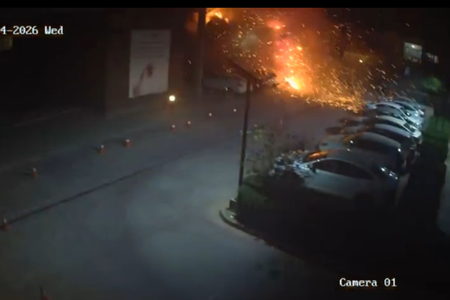 Chaldean Archdiocese of Erbil
Drone strike hits Blessed Michael McGivney apartment complex in Ankawa, Iraq, on March 4, 2026.
Chaldean Archdiocese of Erbil
Drone strike hits Blessed Michael McGivney apartment complex in Ankawa, Iraq, on March 4, 2026.
No casualties were reported in the attack in the Kurdistan region in northern Iraq.
First Things
Ralph Lauren, American Patriot
January 21, 2025 - 5:00amOn January 4 , President Joe Biden honored nineteen individuals with the Medal of Freedom, the highest civilian honor. While one could argue that some were less deserving of the award than others, I believe that one honoree deserved it without question: Ralph Lauren, a living embodiment of the American dream who in turn made America his muse. His designs pay homage to the cowboy, the soldier, the Ivy Leaguer. For Lauren, no aspect of the American character isn’t worth celebrating—a welcome contrast to the self-loathing that usually pervades the upper echelons of society.
Begging Your Pardon
January 20, 2025 - 5:00amWho attempts to overthrow a government without weapons? Why would the alleged leader of an insurrection authorize military force to protect the government, and why would the alleged insurrection victims countermand that authorization? How do people who listen to speeches about democratic procedures and election integrity in one location transform into enemies of the Constitution after walking a mile and a half to the east? Who believes that interrupting a vote would overturn a government? If there was an attempted insurrection, why would a notoriously creative and aggressive prosecutor fail to find any basis for filing insurrection charges?
To Hell With Notre Dame?
January 20, 2025 - 5:00amI first visited the University of Notre Dame du Lac (to use its proper inflated style) in 2017 as a guest of some friends in the law school. By then I had already hated the place for more or less my entire life. For me, Notre Dame was synonymous with the Roman Catholic Church as I had known her in childhood: dated folk art aesthetics (has anyone ever written about how ugly the buildings are?), the Breaking Bread missalette, the so-called “Celtic” Alleluia, the thought (though not the actual writings) of Fr. Richard McBrien, jolly fat Knights of Columbus in their blue satin jackets, avuncular permanent deacons named Tom, Pat, or, occasionally, Dave. At the age of twenty-seven, I expected to find preserved something of the religious atmosphere of the middle years of John Paul II’s papacy: the quiet half-acknowledged sense of desperation, the all-pervading horror of unbelief that could never be allowed formally to take shape among the grandchildren of European immigrants who had done well for themselves in the professions—perhaps too well.
The Mercurial Bob Dylan
January 17, 2025 - 5:00amThere’s a version of Bob Dylan for everyone: small-town boy from Duluth, Minnesota; scrappy folk troubadour of Greenwich Village; electric rock poet who defied expectations at Newport; introspective born-again Christian; Nobel Laureate. As any journalist who has interviewed him will attest, Dylan is an enigma. Capturing the whole man is harder than making a bead of mercury sit still in one’s palm.
The Theology of Music
January 17, 2025 - 5:00amÉ lisabeth-Paule Labat (1897–1975) was an accomplished pianist and composer when she entered the abbey of Saint-Michel de Kergonan in her early twenties. She devoted her later years to writing theology and an “Essay on the Mystery of Music,” published a decade ago as The Song That I Am , translated by Erik Varden . It’s a brilliant and beautiful essay, but what sets it apart from most explorations of music is its deeply theological character.






